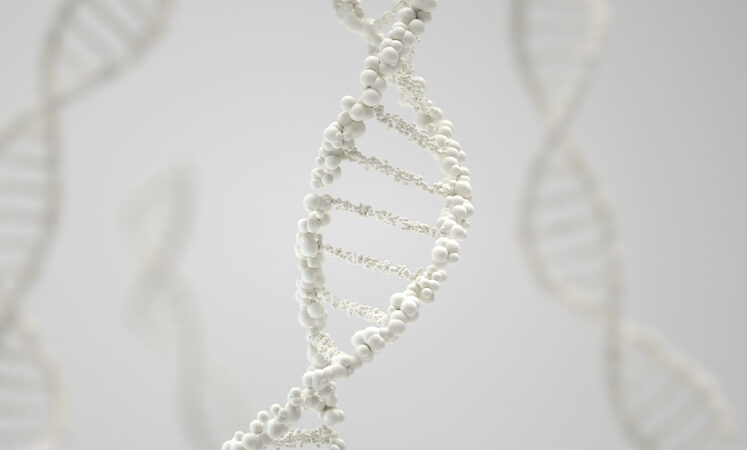
SHA Magazine Health & Beauty
Genetic profiling, the key to fighting obesity
Genes play a fundamental role in overall health and their influence is decisive in helping us to reach and maintain our optimal weight over time.
According to the World Health Organisation, there are more than 1.9 billion overweight or obese adults in the world, a figure that has increased across all age groups and is expected to continue to grow over the next decade. It is for this reason that obesity is considered to be the true pandemic of the 21st century. And the figures for Spain are no more encouraging: 39% of Spanish adults are overweight and 15.5% are obese.
Obesity is a complex disease that involves multiple interacting factors such as nutrition, physical exercise and emotions. But one of the most important factors is often ignored: genetic profile. Because while genes are impossible to modify, what we can change is their influence on our health. As Vicente Mera, head of the Genomic Medicine and Healthy Ageing Unit at SHA Wellness Clinic, tells us, “all individuals of the same species are very similar, but they have slight genetic variations that make them different. This is due to single nucleotide polymorphisms (SNPs), which are small variants in our genetic activity that determine, for example, the colour of our eyes or hair. These polymorphisms also occur in organ function, food absorption and appetite regulation. This is why one person can eat a certain amount of food without gaining weight, while someone else who eats the same portion of the same food does: eating is one thing and absorbing food is quite another.
The OBESgenes genomic test identifies these small differences, which makes it possible to adapt treatments and recommendations for weight loss to the genetic profile of each guest, maximising results and improving success rates by 20-30%. At SHA we’ve developed a very complete genetic panel where we study three large groups of genes related to diet, physical exercise and emotions, all of which are factors that directly influence obesity and overweight”, says the doctor. “The fact is that we don’t all consume energy the same, nor do we all respond in the same way to different types of physical exercise, nor do we all have the same metabolism. That is why substances such as alcohol or caffeine affect us all differently. Genetic studies tell us what the real situation is and, from there, we adjust the treatment to make it much more effective. For example, if a person doesn’t burn fats well, fat should be cut out of their diet, but if they metabolise carbohydrates well, they can eat them without an issue. The same applies to physical exercise: by knowing the type of muscle fibres, we can personalise the workout routine, thus enhancing its benefits. The third group of genes we study has to do with emotions, which are genetically determined. This is how we know who is more likely to suffer from depression or anxiety. In addition, emotions are closely related to food, which is why a healthy diet not only promotes weight loss but can also make us happier”.
The test only requires a blood test and the results take about a week. And while it is admittedly an expensive test, it only needs to be done once in a lifetime, so it really is an investment in health. Once the genetic profile is available, SHA experts design a fully personalised plan that includes lifestyle recommendations, diet, nutritional supplements when necessary and, very exceptionally, medication.





